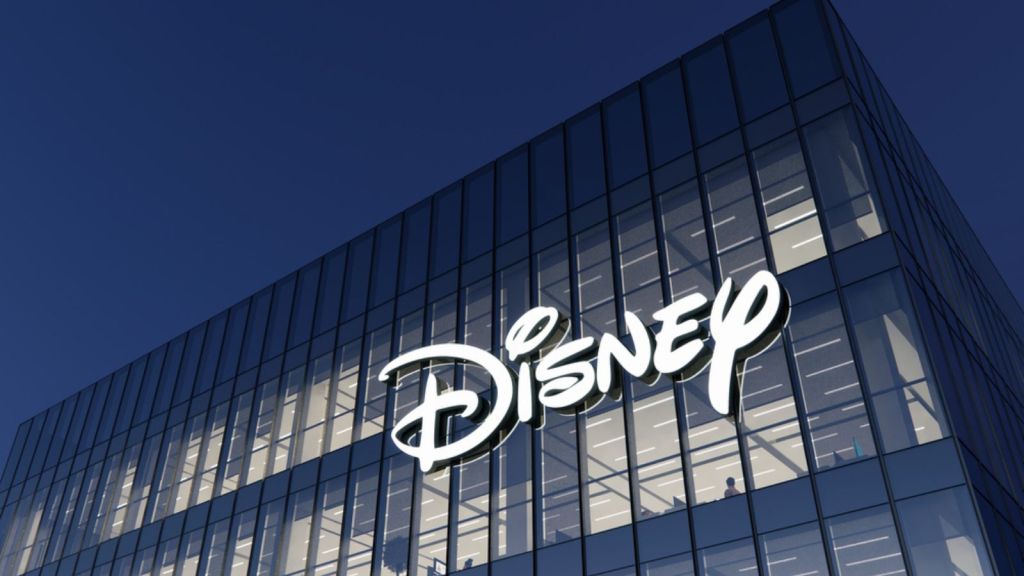“Exposed: The 12 Companies Facing Backlash for Their Bold ‘Woke’ Moves – Are They Risking It All?”
In the wild world of marketing, there’s a buzzword that’s practically become a rallying cry: “Go woke, go broke.” It sounds catchy, right? But is it actually true, or just a catchy expression of outrage? Brands these days are not just selling products; they’re trying to sell their values, but that can feel like trying to balance a plate of spaghetti while riding a unicycle on a tightrope. One misstep, and boom—they’re facing backlash, boycotts, and plummeting stocks.
We’ve seen some companies dive headfirst into social or political issues, and while some have emerged unscathed, others have nosedived into the depths of controversy. But let’s not kid ourselves—it’s rarely black-and-white. Just because a company is facing financial hiccups doesn’t mean their commitment to social causes is the culprit. After all, there could be other significant factors at play that contribute to their financial roller-coaster. So, as we navigate the intricate dance of “woke” marketing, let’s dig deeper into the stories of brands like Disney and Bud Light to uncover what really happens when businesses choose a side.
Curious to see what unfolds? Well, buckle up! There’s a lot to unpack. If you’re interested in diving deeper into this fascinating topic, LEARN MORE.
“Go woke, go broke.” It’s a sentiment that’s been echoing through boardrooms and social media alike as some brands face criticism and suffer financial fallout after taking a stand on social or political issues. But does “wokeness” truly fast-track a company for financial ruin, or is there more to the story?












